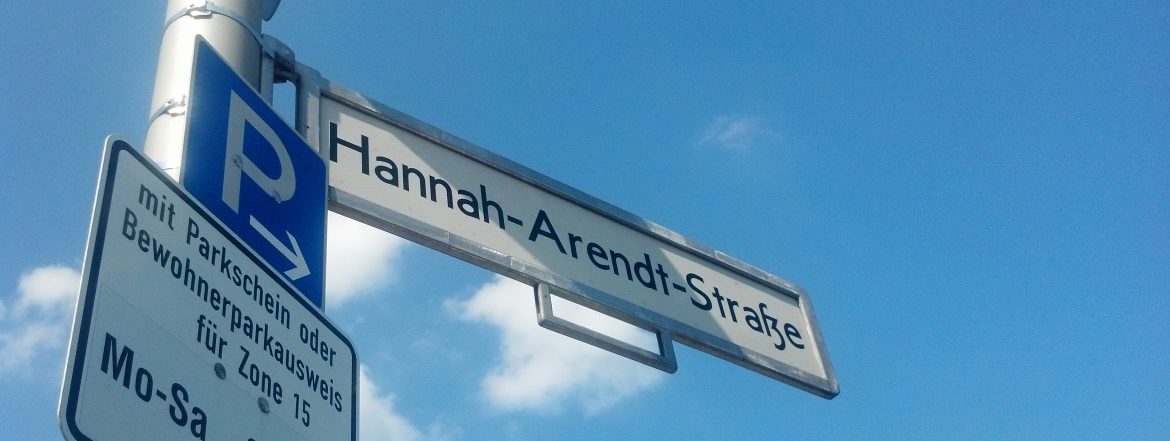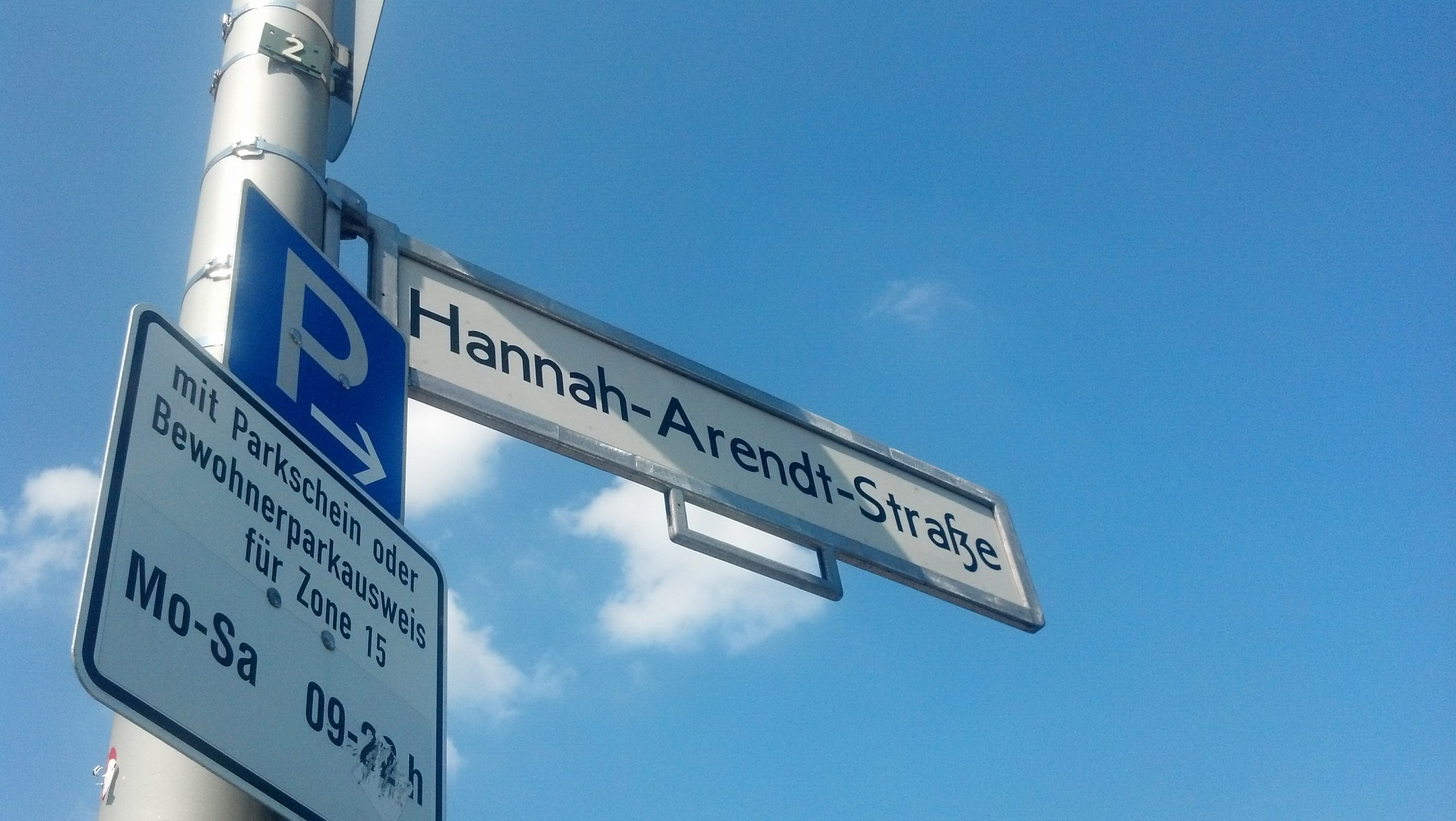Reflecting on Refuge: Director’s Statement
When I came to the UCHRI as interim director in July 2022, I knew I wanted to use this transitional year to consider the humanities within the framework of hospitality. Questions around hospitality have engaged me as both a Shakespeare scholar and as the director of humanities centers and programs, and I was excited to think about the role of the humanities in creating spaces for reflection, research, and creative work.
How do historical inquiry and open-ended interpretation contribute to the survival and flourishing of a culture or society? If public universities don’t invest in opportunities for sustained creative thought, who or what will? What role are universities playing in hosting displaced scholars from around the world? And what are the real costs to thinking, teaching, and knowledge when humanistic work is done in a manner that ignores or exploits the students, scholars, and audiences with the most to contribute?
I was also inspired by the work being done on many campuses around refugee scholars and refugee scholarship. Many of our campuses participate in the Scholars at Risk Network, which finds temporary teaching positions for displaced scholars. The Critical Refugee Studies Collective began as a UCHRI Residential Research Group in 2015 and continues to model what collaborative research can accomplish across the UC.
A longtime reader of Hannah Arendt, I also wanted to mark the 80th anniversary of the publication of Hannah Arendt’s “We Refugees” with a conference conducted in the spirit of her writing, but attentive to contemporary problems.
Arendt opens “We Refugees” by refusing the very term:
In the first place, we don’t like to be called ‘refugees.’ We ourselves call each other ‘newcomers’ or ‘immigrants.’
Arendt understood that the status of refugee can be used to exploit, detain, or dehumanize as well as recognize and empower those who seek it. Yet Arendt ultimately reclaims the word “refugee” within an emboldened politics of truth-telling:
Those few refugees who insist on telling the truth, even to the point of ‘indecency,’ get in exchange for their unpopularity one priceless advantage: history is no longer a closed book to them …. Refugees driven from country to country represent the ‘vanguard’ of their peoples—if they keep their identity.
Refugees sojourn in a legal landscape where only citizens have “the right to have rights,” but in historical circumstances that have rendered citizenship itself increasingly rescindable. If humanity and citizenship depend on each other, Arendt observes, “We actually live in a world where human beings as such have ceased to exist.”
In 2023, both the relevance and the limitations of Arendt’s vision continue to make themselves felt. Her emphasis on refugees from Europe has given way to the challenges of welcoming refugees in Europe. The vast majority of displaced people do not resettle in the West at all, either fleeing war and disaster to nearby countries or finding themselves housed in camps within their native lands. Whereas Arendt and others refuse the term “refugee” and its paternalistic baggage, people fleeing violence and economic catastrophe often fight to be recognized as refugees so that they can access the limited protections that the category offers.
Refuge is an ideal deeply rooted in many religious traditions, which often address the divine as a sheltering presence in the face of danger and feature exodus and sanctuary in their founding narratives. Religion has been deployed to racialize enemies and justify violence as well as to further social justice, welcome strangers, and strengthen communities. Our Refuge conference ends by considering refuge historically, in the context of religious change, and we welcome faculty interest in a possible Luce grant on religion and refuge in California communities.
And it’s not just human beings who are in flight. In a period of climate crisis, many species are desperately seeking new habitats and changing their migratory patterns. We invited Rebeca Mendez (UCLA) to be our guest artist because her work on the migration of birds, framed within broader questions around human displacement and environmental degradation, spoke to the scope of refuge as a category for art, politics, and life. She ended our conversation with these words:
Refuge really means finding a place where you can actually have the integrity of your own human rights, where nothing is violated, nothing is fragmented. Common kindness, the commons, that to me is also a refuge. Where we are in community, we are for each other. The best refuge we can have lies in reciprocity, where we act with respect and responsibility toward each other. And this reciprocity in refuge should be extended to all beings, not just humankind, but also plants and animals. Being able to express and hold refuge for all of us: that’s what being alive and being part of this living world is.


